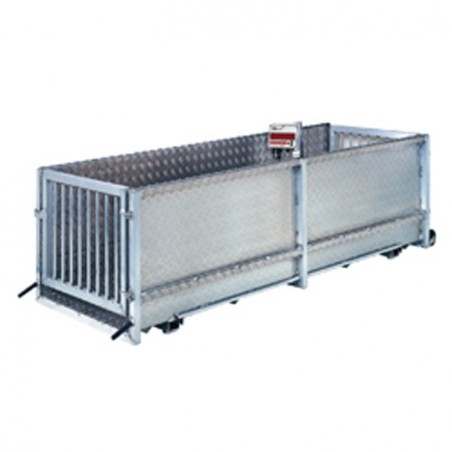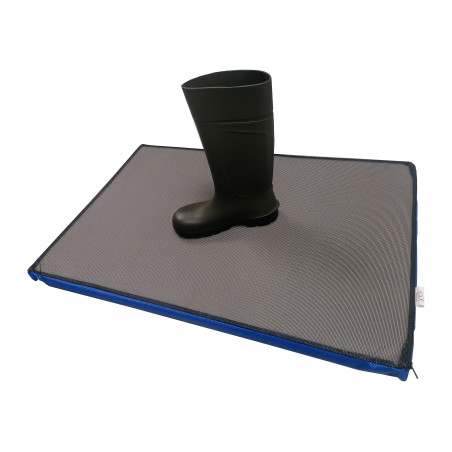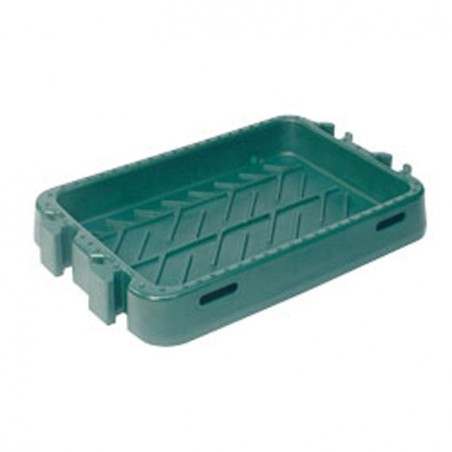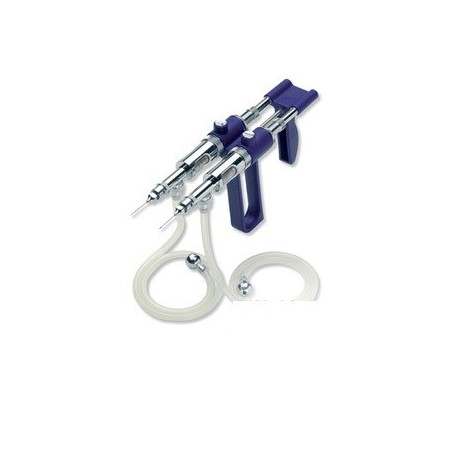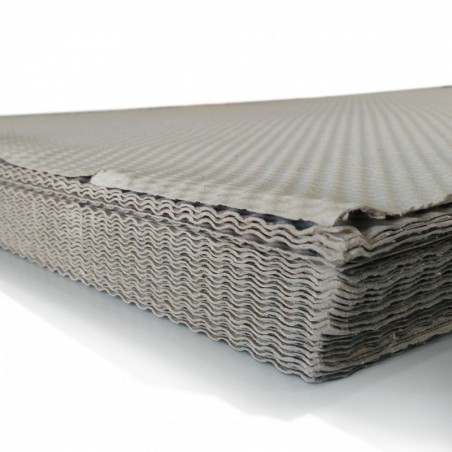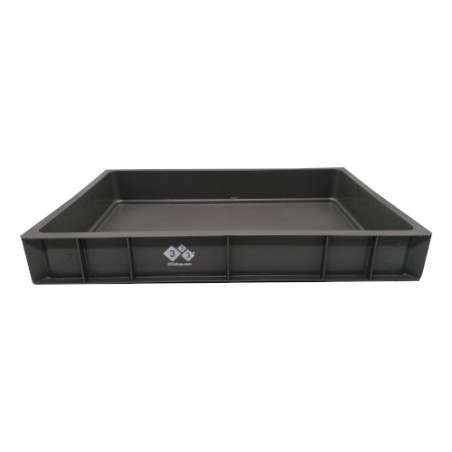At weaning, the piglet’s immune system is not yet fully developed and the maternal immune protection, acquired via colostrum and milk, tends to be reduced. Nutritional factors including feed additives are important for maintaining the regular immune function in young piglets, however, their impact on the vaccination response has not been widely studied. The immune response of piglets to a vaccination against the Porcine Reproductive and Respiratory Syndrome Virus (PRRSV) was tested after feeding different feed additives. The trial included four groups of ten piglets and lasted 39 days. Feed additives were added to a control diet (C). The tested substances were: an autolyzed yeast preparation from Saccharomyces cerevisiae (YA) at 0.2%, dried bovine colostrum (CM) at 0.9% and the probiotic Bacillus cereus var. toyoi (BC) at 109 colony forming units/kg diet. Three-week-old piglets were vaccinated against PRRS-Virus, blood samples were taken before vaccination and 7, 21, and 35 days after vaccination for complete blood counts, flow cytometry for phenotyping of different lymphocyte subsets in peripheral blood, measurement of specific IgG antibodies and ELISpot assay to detect specific interferon γ-producing lymphocytes.
Animal performance was not affected by the experimental diets. Hematological parameters and complete blood counts displayed time-dependent changes whereas feed-related effects were not observed. The analysis of the expressed lymphocyte surface markers showed distinct time dependent shifts but no dietary effects. CD4−CD8α+ cells reached highest levels on day 21 post vaccination and decreased thereafter, the CD2+CD5− cells decreased in all groups towards day 35. CD2+CD5+ cells were determined at constant levels during the observation period, while CD2−CD5+ decreased at day 21 and CD4+CD8α‐ cells decreased over time. CD4+CD8α+-double positive cells increased age-dependently in all groups. Increasing levels of specific IgG were determined, but group effects could not be demonstrated as for the interferon γ producing T cells. The development of the immune system in piglets seems to follow a typical time-dependent pattern. The observed shifts in the other immune cell populations are probably age-related.

Under the given experimental conditions, no positive effect from the feed additives was noted.
Speiser, S., Scharek-Tedin, L., Mader, A., Saalmüller, A., Gerner, W., Männer, K., Stadler, K., Zentek, J. (2015). Immune response of piglets on a PRRSV vaccination—Altered by different feed additives?. Livestock Science, 174, 96-104.https://doi.org/10.1016/j.livsci.2015.01.010




